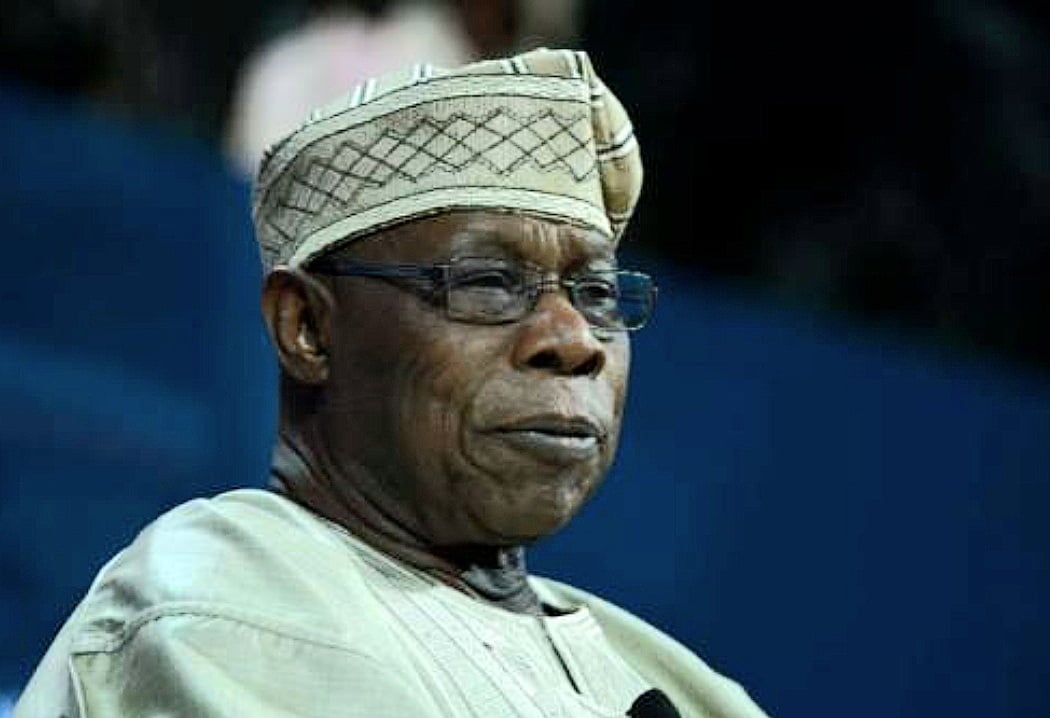
Former President of Nigeria, Olusegun Obasanjo has lamented the deteriorating state of Nigeria, saying the country is presently more divided and corroded than what leaders of thought had in mind.
Obasanjo who was a guest of honour at a public lecture series tagged, “From Elections to Governance and Performance” on Thursday in Abuja, said with the current situation on ground, it would not be out of place for a national reconciliation, which will assuage the feelings of aggrieved Nigerians, particularly the youth population.
Read Also: Fani-Kayode Mocks ‘Obidient Movement’ After Backlash On Soyinka
He criticised the growing debt profile and spending spree of government at all tiers, especially those at the helm of affairs currently, likening the situation to “spending like a drunken sailor”.
The Ex-President who recently wrote a letter to the British government appealing for leniency on behalf of the Ex-Deputy Senate President, Ike Ekweremadu and his family facing trial for alleged organ harvesting, said he was now too old to keep quiet over unfolding events in Nigeria.
The event put together by Nextier SPD, also witnessed the public presentation of a book, “The Unending Quest for Reform: An Intellectual Memoir”, authored by Prof. Tunji Olaopa.
Obasanjo, however, advised that for reforms to take root, there must be political will and concerted effort to drive it by all stakeholders in Nigeria.
While speaking to the issues of reforms, he said governance in Nigeria now calls for thinking outside the box in terms of development financing.
He said the trend of thinking has become inevitable for Nigeria in the face of dwindling fortunes in oil revenue, huge foreign indebtedness and the urgency of diversifying the country’s neo-cultural economy.
Read Also: Ohanaeze Ndigbo Resolves To Petition Buhari, National Assembly Over Igbo Profiling In Lagos State
Also added;
Let me suggest three ideas that I think can enrich the direction of the conversation here today, said the former President.
One, given what we saw during the election, Nigeria is now even more divided and more corroded than we thought. This places a deep onus on any administration following the current one to urgently facilitate the process of national moral rearmament and national reconciliation that will assuage the youths.
This must be done in sync with the imperative of national value orientation that Nigeria requires to build a collective sense of enduring and local values and national belonging.
Two, governance in Nigeria now calls for thinking outside the box, in terms of development financing, this has become inevitable in the face of Nigeria’s dwindling fortune, in oil revenue, Nigeria’s huge foreign indebtedness and the urgency of diversifying Nigeria’s neo cultural economy.
My experience and understanding, however, is that the money to develop and grow our economy is out there if we provide a conducive environment for it to come and stay.
Three, political will, political action and administrative efforts must be invested in reforming the public service into a capability-ready institution that could enable Nigeria’s development agenda beyond 2023.
